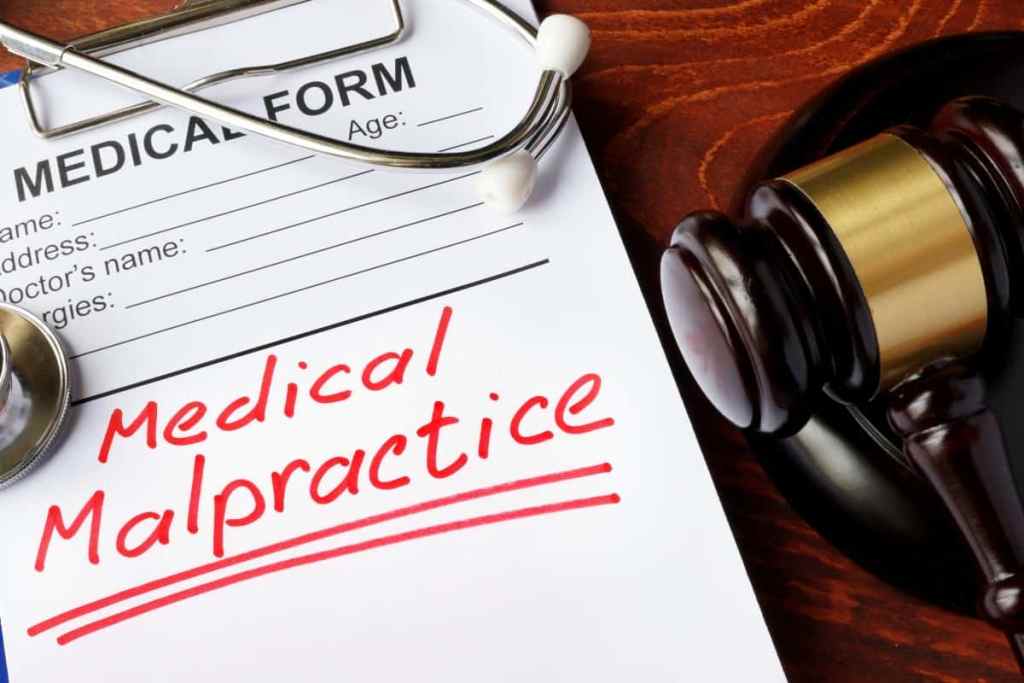Medical malpractice is one of those terms which has multiple meanings, depending on where you look. The legitimate definition of medical malpractice when a doctor, hospital or other healthcare professional/s, due to a negligent act or omission, causes a patient to be injured. This negligence could be the result of errors during diagnosis, treatment/s, aftercare or any other area of health management. That is why doctors, hospitals, or other healthcare professional/s protect themselves with medical malpractice insurance. You should speak to a malpractice lawyer if you think that you, or a loved one, is a victim of medical malpractice.
Medical bills either in the past or the future. Also, problems may arise if the practitioner handling your medical case is not comfortable in your native language. In such cases, you can hire a certified medical translation service to eliminate any ambiguities.

For a claim to be considered as a possible medical malpractice and have to contact a medical malpractice lawyer case there are certain criteria which have to be met. These include;
- A standard of care violation – There are certain medical standards which are recognized by the profession as being acceptable when carried out by health professionals under the same, or similar, circumstances. This is what is known as the standard of care. All patients have the right to expect that the health care professionals treating them will deliver a standard of care which is consistent, or above, these standards. If it has been determined that the standard of care has fallen below these guidelines there could be a case for negligence.
- Injury Caused by Medical Negligence – A claim for this type of medical malpractice will only be viable if the patient can prove that suffered an injury that wouldn’t have happened if the healthcare professional had not been negligent. Simply proving that the delivered a sub standard of care will not be sufficient. Recording an unfavorable outcome on its own is not classed as malpractice, it must be proven that the injury was a direct result of the negligence. If there is an injury but no negligence, or negligence that didn’t result in an injury, there’s no case to answer to.
- An Injury that Resulted in Serious Damages – Lawsuits for medical malpractice are one of the most expensive to litigate. This is due to them frequently requiring the testimonies are many medical experts and numerous hours of deposition testimonies. For a case of this type to be viable, the patient must be able to show that they suffered significant damages as a result of an injury they suffered due to medical negligence.
It’s worth noting that if these damages are small, it could cost more to pursue the case than the actual payout will be. In order to file a medical malpractice claim on these grounds, the patient has to show that their injury directly resulted in loss of income, disability, unusual pain, hardship and suffering and significant medical bills either in the past or the future.
Medical Malpractice Examples

Cases of medical malpractice take many different forms. These are just a few examples of how medical negligence can result in a lawsuit.
- Misdiagnosis or failure to diagnose
- Ignoring or misreading lab results
- Unnecessary surgery
- Surgical errors or surgery being performed on the wrong site
- Improper dosage or medication
- Poor aftercare or follow up appointments
- Premature discharge from hospital or other healthcare facility
- Not taking notice of, or completely disregarding, a patient’s medical history
- Failing to order proper tests
- Failing to recognize pertinent symptoms






